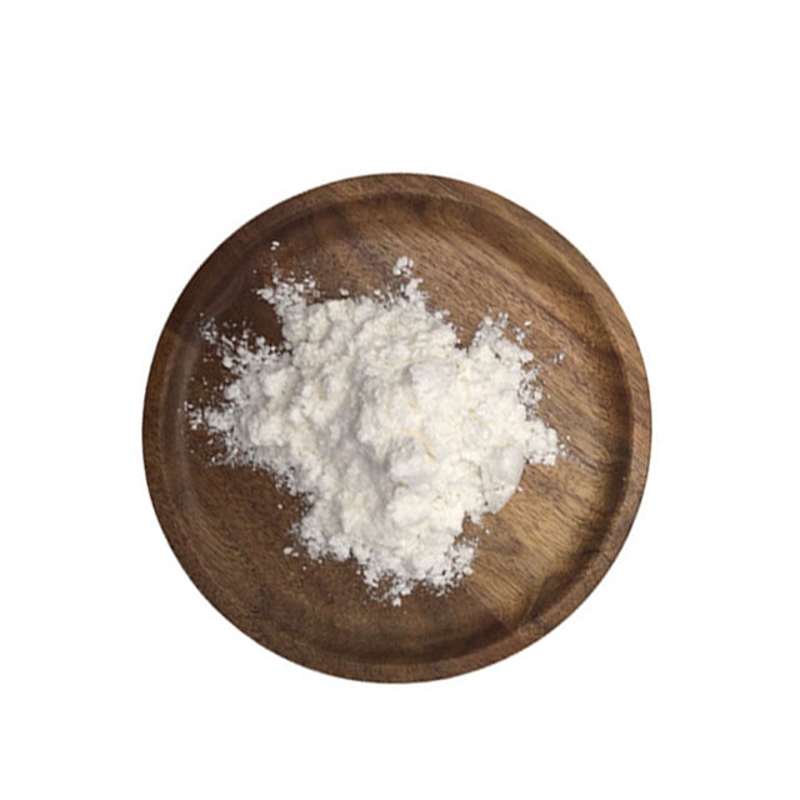Gastroenterology: Algae sugar analogues increase energy metabolism without increasing the risk of Clostridium difficile infection in mice
-
Last Update: 2020-06-22
-
Source: Internet
-
Author: User
Search more information of high quality chemicals, good prices and reliable suppliers, visit
www.echemi.com
Background and objectives: Seaweed sugar is a type of dissaccharide that can be used to treat heart metabolic diseasesHowever, seaweed sugar contributes to the risk of Cdifficile infectionThe study investigated whether the algal sugar analogue (lactotrehalose) of algal sugar had the same metabolic effects as algal sugar without increasing the risk of infection with Clostridium difficilemethod: Researchers studied HEK293 and Caco2 cells, mouse proto-hepatic cells, and human intestinal organsGlucose transporter proteins are expressed in HEK293 cellsThe researchers cultured progenitor liver cells with or without alginate or whey alginate and analyzed gene expression patternsGive C57B6/ J mice oral to the water of antibiotics and algal or whey seaweed sugar, or drink ingested water (control group), then use strong Cdifficile for tube feeding; Other mice were given seaweed sugar or whey seaweed sugar in drinking water for 2 days after drinking water or 60% fructose diet for 10 daysCollectliver tissue and analyze it through histology, serum biochemistry, RNA sequencing, autophagy flux and biochemical analysisresults: algal sugar and algal sugar each blocked glucose transport in HEK293 cells and induced gene expression patterns associated with progeny liver cell fastingMice on a high fructose diet had higher circulating cholesterol and a higher liver weight-to-weight ratio than mice on a low-fat dietCompared to mice that gave seaweed sugar or water and fed a high fructose diet, mice who gave whey algal sugar when given a high fructose diet did not have any of these characteristics and increased overall calorie consumptionSeaweed sugar is biologically available in vein and gate circulation as well as in fecal samplesSeaweed sugar reduces fecal markers of biosynthesis of microbial branched chain amino acids and increases the expression of microbial genes that regulate insulin signalsIn mice with CD027 after antibiotics were given, whey alginate and alginate did not increase the levels of bacteria or their toxins in the feces, and algal sugar reduced the amount of CD027 in feces Lactobacillus and algal sugar reduced the signs of inflammation in the rectal tissue after CD027 infection Neither whey alginate nor alginate increases the amount of bacteria or its toxins in the feces, and alginate reduces the abundance of CD027 in feces Lactobacillus and algal sugar reduced the signs of inflammation in the rectal tissue after CD027 infection conclusion: Lactose alginate is an anti-seaweed glytoase analogue that increases metabolic energy compared to algal sugar without increasing the abundance or toxicity of C difficile
This article is an English version of an article which is originally in the Chinese language on echemi.com and is provided for information purposes only.
This website makes no representation or warranty of any kind, either expressed or implied, as to the accuracy, completeness ownership or reliability of
the article or any translations thereof. If you have any concerns or complaints relating to the article, please send an email, providing a detailed
description of the concern or complaint, to
service@echemi.com. A staff member will contact you within 5 working days. Once verified, infringing content
will be removed immediately.







